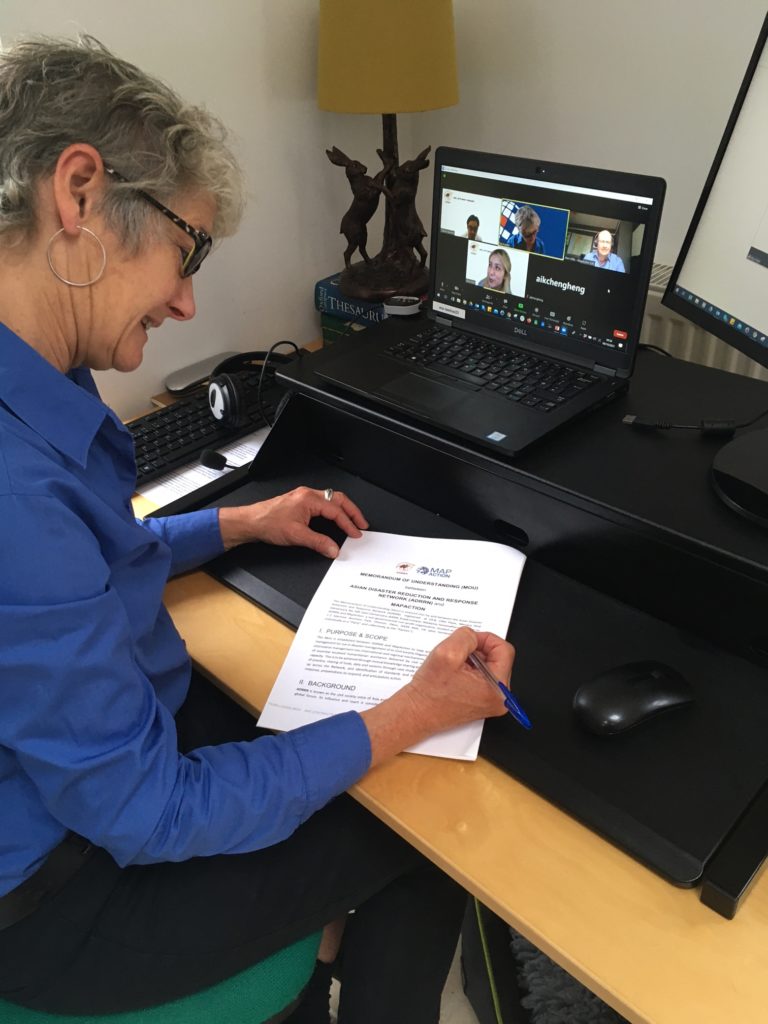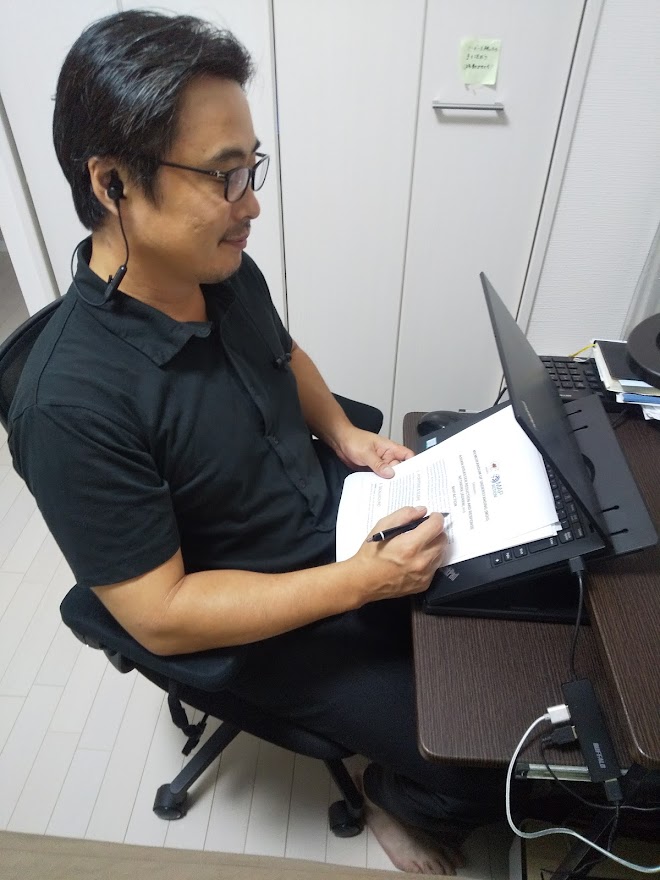
MapAction is proud to renew its Memorandum of Understanding with the Caribbean Disaster Emergency Management Agency (CDEMA) for another four years.
MapAction’s collaboration with CDEMA and its participating countries through training and building capacity, enables better integration of geospatial technologies into disaster risk management.
The new MOU will support CDEMA’s capacity to provide geospatial expertise to its deployment teams, allow for GIS training across participating states and provide geospatial mapping and technical support upon request.
Executive Director of CDEMA Elizabeth Riley stated, “The renewal of our MOU supports our vision of a digitally transformed CDEMA, essential to positioning CDEMA for the future. We are committed to the integration of digital technology into all areas of CDEMA’s operations and we thank MapAction for supporting us on this journey.”
Climate change and it’s growing impact in the Caribbean is well documented. Liz Hughes CEO, MapAction said, “We know the Caribbean region suffers particularly from extreme weather conditions as a result of climate related changes around the world and we recognise that we will all need to work together to support CDEMA in the challenging role of leadership through this. This past year alone, we have done just that on the St Vincent and Grenadines, Suriname and Guyana emergencies demonstrating the possibilities of remote support even where emergencies have become increasingly complex.”
Recently MapAction has worked with CDEMA to implement a successful simulation exercise, undertake training courses and create a multi-faceted virtual platform that hosts risk management data and information that’s accessible to stakeholders to facilitate analysis, research, greater awareness of risk management and climate change adaptation in the region.
We look forward to the opportunity to learn from CDEMA and share the experience, knowledge and skills in the region to partners worldwide.



